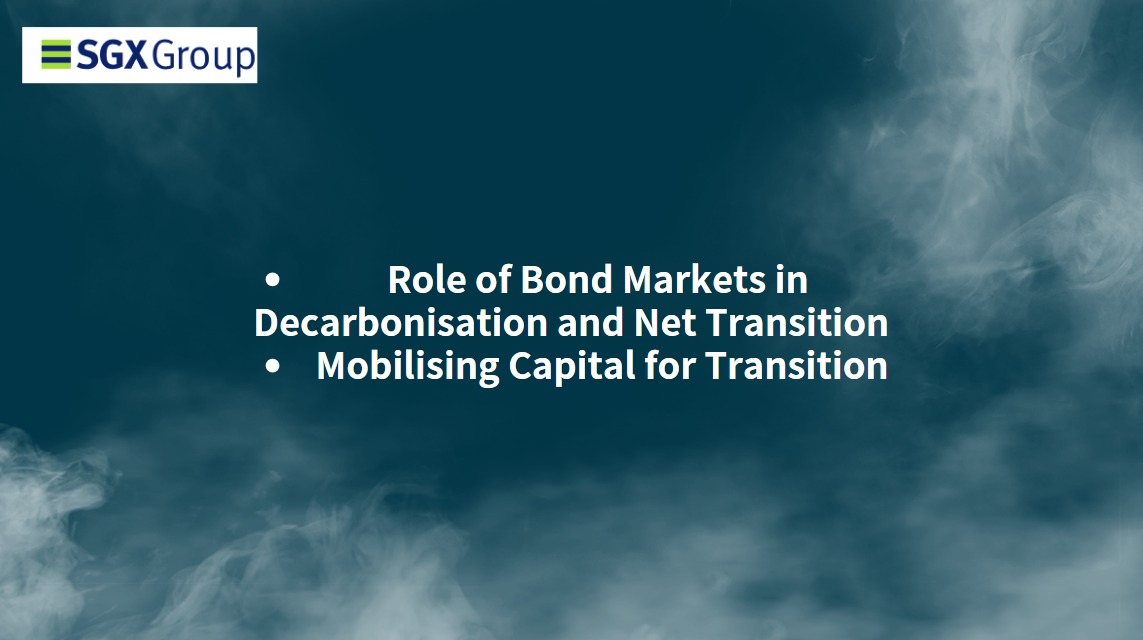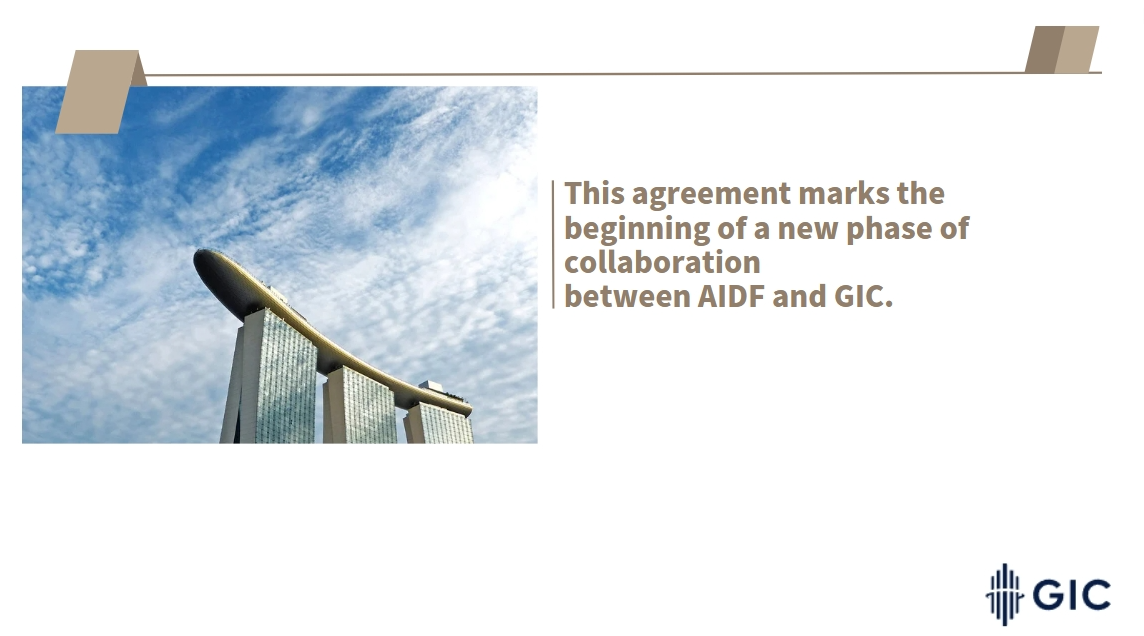Written reply to Parliamentary Questions on contributions and jobs created by family offices
Date: For Parliament Sitting on 6 July 2023
Questions:
Mr Gan Thiam Poh, Ang Mo Kio GRC: To ask the Prime Minister (a) whether the Ministry has data on the number of jobs that have been created for Singaporeans and permanent residents as a result of the setting up of family offices in Singapore since the scheme was first launched; (b) if so, what is the number; and (c) how many of such Singaporeans and permanent residents earn (i) less than $2,000 monthly (ii) more than $2,000 but less than $5,000 monthly and (iii) more than $5,000 monthly, respectively.
Ms Mariam Jaafar, Sembawang GRC: To ask the Prime Minister (a) whether a study has been done to quantify the contributions of the family offices set up in the past three years to the Singapore economy and how they compare to other groups including citizens and foreigners under employment passes; and (b) if not, whether the Ministry will consider tracking this in the future.
Answer by Mr Tharman Shanmugaratnam, Senior Minister and Minister in charge of MAS:
1. Mr Speaker, my response will cover the questions raised by both Mr Gan Thiam Poh and Ms Mariam Jaafar in today’s Order Paper.
2. I take Ms Mariam’s and Mr Gan’s interest to be in Single Family Offices (SFOs), rather than Multi Family Offices. As previously explained in this House [1] , SFOs are set up by individual investors to manage the assets of their own families and are not required to be licensed by MAS as they do not manage third party assets. MAS therefore does not have data on all SFOs. However, MAS has better data on SFOs that have applied for and been awarded the Section 13O and 13U tax incentives.
3. As previously explained in this House [2] , SFOs contribute in two key ways:
a. One, they create jobs directly when they hire individuals such as investment professionals as their employees.
b. Two, they generate revenue and help create jobs for external service providers such as private banks, and legal, custody, fund administration and tax firms.
4. Moreover, MAS has yesterday just announced changes to the tax incentives for SFOs. These changes are intended to encourage SFOs to channel more of the wealth they manage towards local enterprises, blended finance structures aimed at supporting sustainable development, climate-related investments, and charitable contributions, for the benefit of Singapore, Singaporeans and the region.
5. SFOs also create well paying jobs locally. As at June 2022, SFOs that have applied for and been awarded the tax incentives employ about 1,400 Singaporeans and permanent residents (PRs). About 900 of these jobs were created in just the last 3 years. These are generally well-paying jobs. Two-thirds of the Singaporeans and PRs employed by SFOs under the Sections 13O and 13U tax incentive schemes earned more than S$5,000 per month. More than 400 earned between S$2,000 and S$5,000 per month, and fewer than 50 earned less than S$2,000 per month.
6. As for SFOs’ contributions in the form of revenue generation in other businesses and being a source of capital, MAS currently does not have the data but intends to conduct surveys to obtain a better understanding of these contributions.
7. We understand that Ms Mariam is also interested in a comparison between (i) contributions of foreigners who have set up SFOs who have attained PR or citizenship status through programmes such as the Global Investor Programme or also known as GIP in short, and (ii) the contributions by other citizens and foreigners who have not set up SFOs in Singapore. I should first clarify that the Sections 13O and 13U tax incentive schemes do not accord PR or citizenship status to the foreign owners setting up SFOs here. The conditions that award recepients are subject to do not differ by the residency status of the SFO owners. Accordingly, MAS does not collect such data. What MAS will do is to continue to review the Sections 13O and 13U tax incentive schemes for SFOs to ensure they continue to make meaningful contributions to Singapore.
8. To Ms Mariam’s interest on the GIP, it is a scheme administered by the Economic Development Board (EDB). The programme accords PR status to eligible global investors who intend to drive their businesses and investment growth from Singapore. Since 2020, a small number of about 30 SFO owners have been supported under the GIP based on their investment track record, investment mandate in Singapore, as well as the projected size and experience of their Singapore team. EDB conducts regular reviews to GIP to ensure its effectiveness in attracting only top-tier business leaders who are interested to drive the growth of their businesses and investments from Singapore.
9. In March this year, MTI and EDB announced changes to the GIP which includes the requirement for SFO applicants to deploy S$50 million of their Asset-Under-Management into four investment categories that would benefit and support the growth of businesses based in Singapore.
10. Having high net worth and setting up SFOs in Singapore do not guarantee Singapore citizenship (SC) and PR. Each SC and PR application is assessed based on a range of factors. These include the ability to contribute to Singapore, the number of jobs that the applicant and his/her businesses may be able to create in Singapore, special skills/education the applicant may possess, the applicant’s family ties to Singaporeans, the ability to integrate, and the commitment to sink roots in Singapore. Different criteria may apply to different applicants, depending on background and circumstances.
* * *
- [1] See “Written reply to Parliamentary Question on registration or licensing of family offices setting up operations in Singapore”.
- [2] See “Written Reply to Parliamentary Question on family offices registered in Singapore” ; “Oral Reply to Parliamentary Question on working with family offices to deepen investments in local companies” ; “Written Reply to Parliamentary Question on registration or licensing of family offices setting up operations in Singapore” ; “Written Parliamentary Question on family offices in Singapore” .























































First, please LoginComment After ~